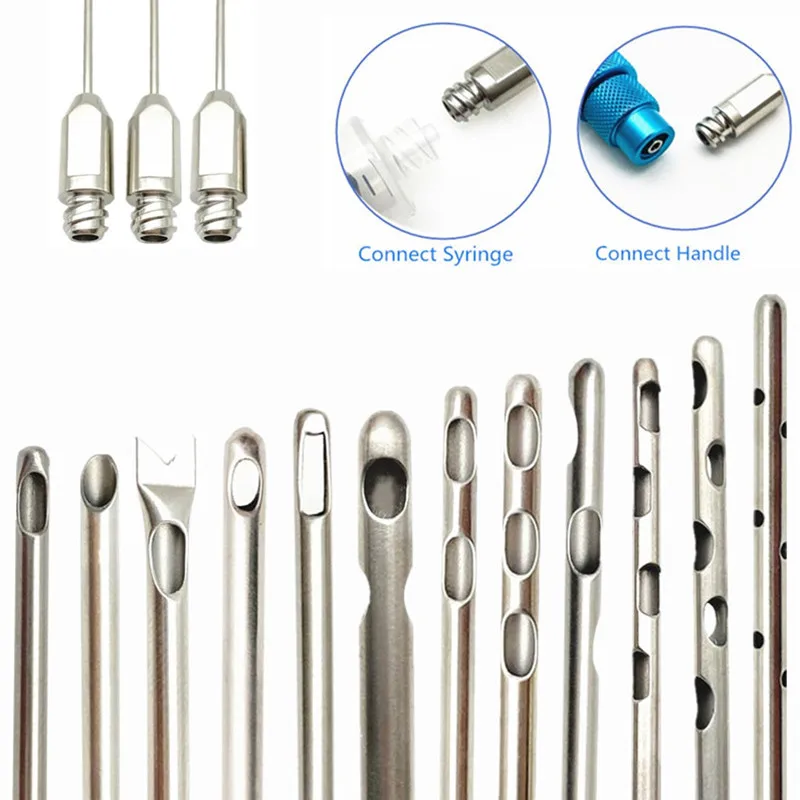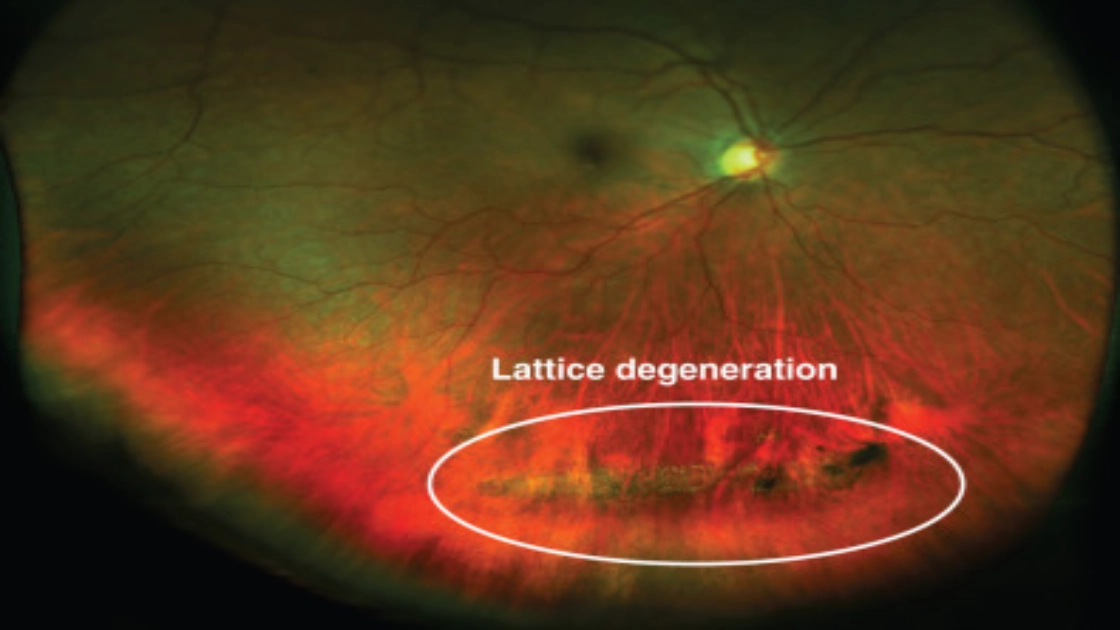Are you looking for the most accurate Borderline Personality Disorder (BPD) test? Navigating the sea of information can be overwhelming, but fear not! In this article, we’ll discuss the different types of BPD tests available and help you determine which one is most accurate for your needs.
Understanding BPD Tests
Before diving into the tests available, let’s first understand Borderline Personality Disorder. BPD is a mental health disorder characterized by unstable moods, behavior, and relationships. People with BPD often have intense emotions and difficulty regulating them, leading to impulsive actions and unstable relationships.
Types of BPD Tests
Health professionals use a number of diagnostic tools and tests to diagnose BPD. No single test can definitively diagnose BPD; a comprehensive evaluation, including clinical evaluation, psychological evaluation, and a review of the individual’s BPD history, is used.
1. Psychological Evaluation
A psychological evaluation is often the first step in diagnosing BPD. This evaluation is typically conducted by a mental health professional such as a psychologist or psychiatrist. It involves a series of questions and assessments to evaluate your symptoms and determine if you meet the criteria for BPD.
2. Diagnostic Interview for Borderlines-Revised (DIB-R)
The DIB-R is a highly detailed interview explicitly designed for diagnosing BPD. It analyses four areas: influence, cognition, impulsive action patterns, and interpersonal relationships. With high clinical accuracy, it is considered one of the most thorough tools for diagnosing BPD.
3. Structured clinical interview of DSM 5SCID-5)
This is a semi-structured interview used to diagnose a wide range of mental health disorders, including BPD. The criteria are closely aligned with the Diagnostic and Statistical Manual of Mental Disorders to ensure they are comprehensive and uniform.
4. McLean Screening Instrument for Borderline Personality Disorder (MSI-BPD)
It is a simple, self-administered questionnaire commonly used to identify potential BPD in individuals. While it is less detailed than a full diagnostic interview, it is effective for preliminary screening.
5. The Borderline Personality Inventory-BPI
BPI is a longer questionnaire that offers a more detailed evaluation of BPD characteristics. It covers various facets of personality that are typically affected by BPD.
6. Dialectical Behavior Therapy (DBT) Diary Cards
DBT is a type of therapy commonly used to treat BPD. Diary cards are a tool used in DBT to track your emotions, behaviors, and coping skills. These diary cards can provide valuable information to your therapist or healthcare provider.
The Most Accurate BPD Test
While all of the above-mentioned tests can help diagnose BPD, the most accurate test is often a combination of several assessments. A comprehensive evaluation that includes a psychological evaluation, a structured clinical interview, and possibly a personality assessment inventory can provide a more thorough understanding of your symptoms and help determine if you meet the criteria for BPD.
It’s important to note that diagnosing BPD is complex and should be done by a qualified mental health professional. Suppose you suspect that you or a loved one may have BPD. In that case, seeking help from a licensed therapist or psychiatrist who can provide an accurate diagnosis and recommend appropriate treatment is essential.
Limitations and Considerations
Accuracy and reliability
While structured interviews like the DIBROV and SCID5 are highly accurate, their effectiveness can depend on an interviewer’s skills and experience. The self-report questionnaires may provide valuable information, but they may be subject to biases and require further validation through clinical interviews.
Co-diagnosis
BPD often coexists with other mental health disorders, such as depression or anxiety, which can complicate the diagnostic process. A complete range of psychological symptoms is often required for accurate diagnosis.
Language and Subjective Factors
Interpretation of symptoms may differ according to culture, social background, or other factors that can affect diagnosis. Doctors need to take these factors into account to prevent misdiagnosis.
Conclusion
In conclusion, the most accurate BPD test is a comprehensive evaluation by a qualified mental health professional. By seeking help from a trained therapist or psychiatrist, you can receive an accurate diagnosis and start your journey toward healing and recovery.
So, what is the most accurate BPD test?
The answer lies in a comprehensive evaluation by a qualified mental health professional. Remember, seeking help is the first step towards understanding and managing Borderline Personality Disorder.















Leave a Reply